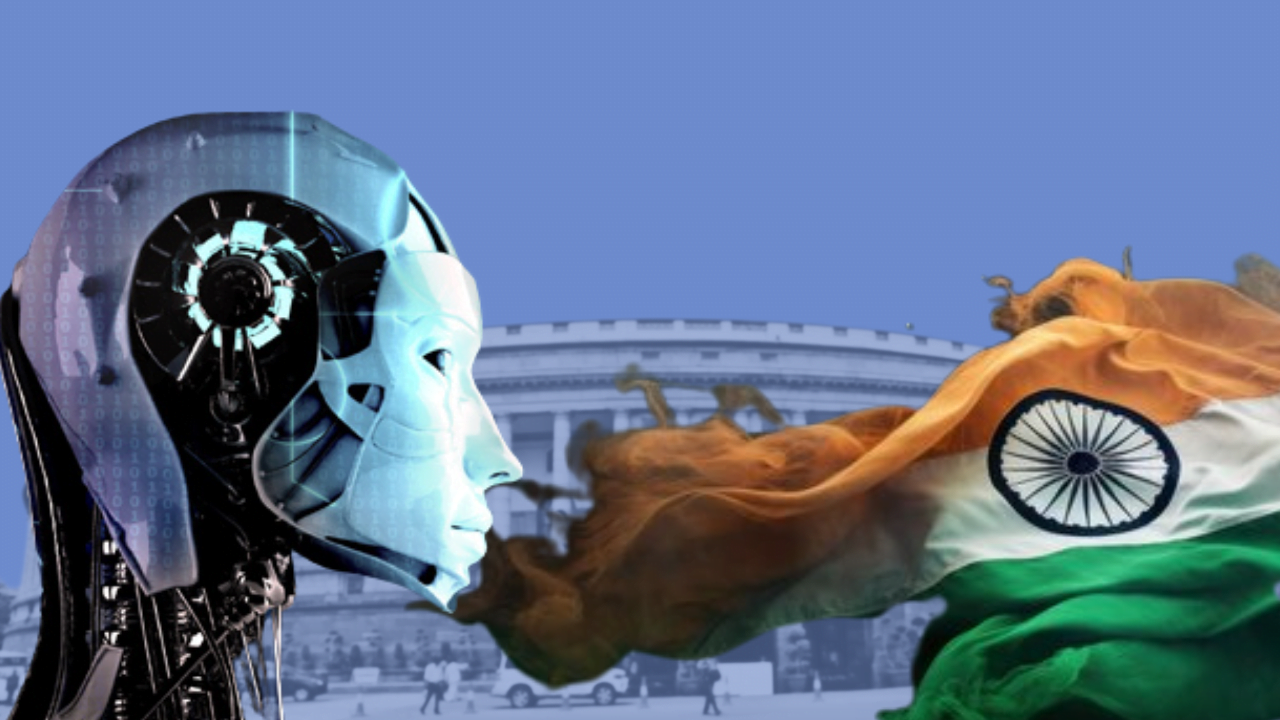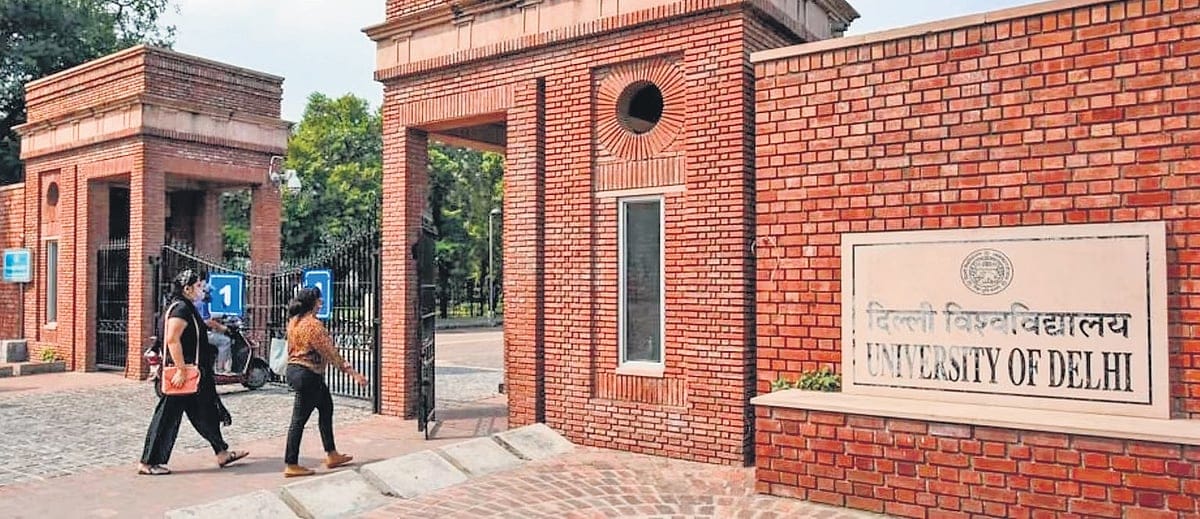Voting for the 2024 Lok Sabha elections has begun and the stage is set for all the major political parties fighting head-to-head to show their prowess. The 2024 elections are quite crucial as they will turn out to be a litmus test for opposition parties trying to wrestle down the giant Bhartiya Janta Party. However, the challenge for many political parties and generally the elections this year would be to attenuate and if possible restrain the growing influence of Artificial Intelligence on the process as well as the results of the elections.
AI is everywhere and it is going to stay. It is intertwined with everyday life, however its adverse effects are yet to be taken seriously. It is beyond any doubt that AI can and has impacted the elections throughout the globe but is it going to do the same to general elections in India is the bigger question?
How can AI impact elections?
The Generative AI enables the creation of realistic images, videos, audio or text based on user prompts. These images or videos look so real that it becomes extremely difficult to tell apart real from artificial. According to a research called “The impact of generative AI in a global election year” “Generative AI is a class of artificial intelligence that takes an input—provided by a user—runs it through a pre-trained model and returns a set of expected generated outputs. Advanced generative AI leverages deep learning—an area of the broader machine learning field that uses multi-layered neural networks to generate more and more complex associations between patterns—to create images, text, videos, audio, or other content.”
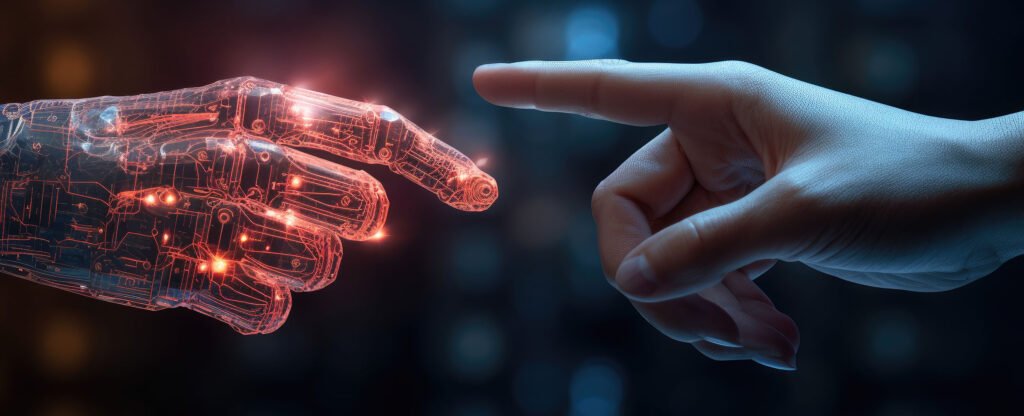
Fake or artificial videos or images can be created in a jiffy across global boundaries and can be used to alter the course of all things. In Israel’s war on Palestine, many fake images and videos were circulated online, even many mainstream media channels and platforms used those images and videos as references without fact-checking.
How deep fakes and AI-generated videos have altered the online ecosystem and online environments is not a new issue, however, its reach or extent is a serious concern.
“According to various voices, including some leading AI researchers, generative AI will make it easier to create realistic but false or misleading content at scale, with potentially catastrophic outcomes for people’s beliefs and behaviours, the public arena of information, and democracy,” states Harvard Kennedy School in research.
As far as Indian general elections are concerned, AI’s influence can be seen everywhere, from voters receiving AI and augmented reality-laden calls to deepfakes of Bollywood actors showing support to one political party and opposing others. In one such video Bollywood actor Ranvir Singh was seen criticising PM Narendra Modi and the video went viral. The actor has now filed an FIR for the same.
AI is already meddling with Indian general elections, however, how far would its consequences reach and what impact it shall have on the results is what we all need to wait and see.
AI and the global elections
During Pakistan’s general elections this year, former Prime Minister Imran Khan was in jail and was contesting the elections from there. A video emerged online where Imran Khan was shown delivering a message to the people of Pakistan. The video was eventually AI-generated and turns out Khan’s party had created and disseminated that video to show the presence of the jailed leader.
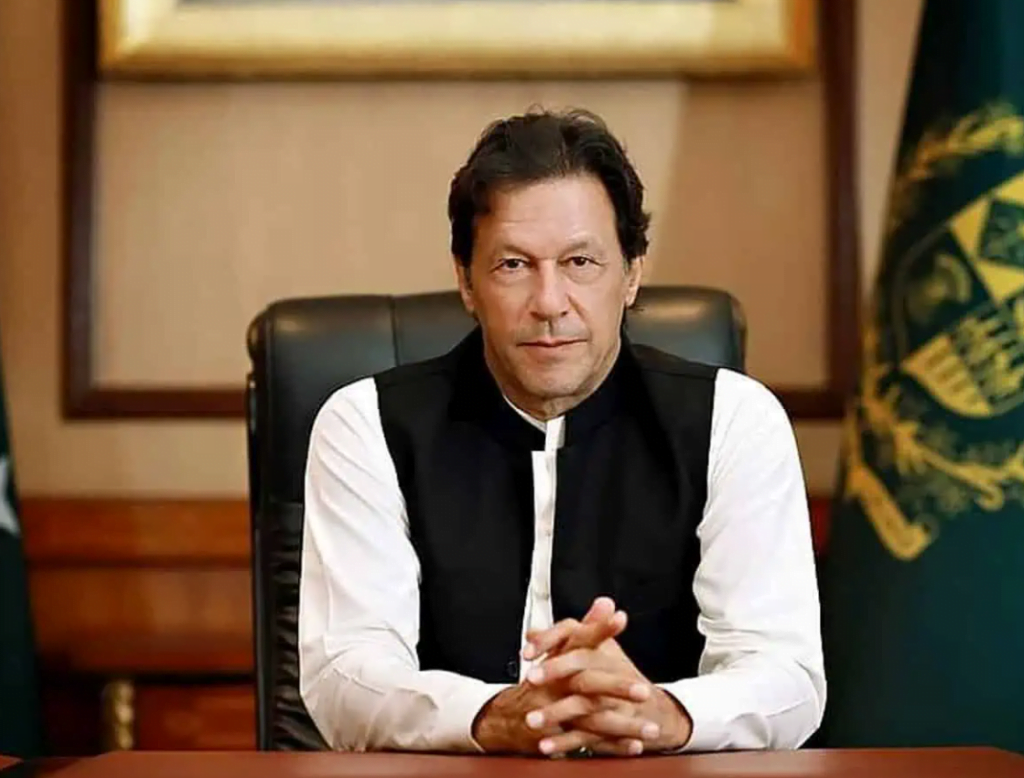
According to Indian Express, “Jibran Ilyas, a Chicago-based campaigner, who works for the social media division of Khan’s Pakistan Tehreek-e-Insaf (PTI) party, the initiative helped deliver a message of hope. Speaking with Al Jazeera, Ilyas said Khan remained a crucial figure within the party, and his image could be used to inspire his followers.”
During Argentina’s parliamentary elections in 2023, audio clips of one of the political leaders contesting the elections were circulated widely online, which came to be known as the Melcogate incident. The alleged recordings featured Carlos Melconian speaking about women crudely. Both the minister and the political party denied the authenticity of the recordings and called the recordings AI-generated and fabricated to tarnish the image of the party and the minister.
Whether the recordings were fabricated or genuine remains unknown till today. According to the research “The impact of generative AI in a global election year” “It has yet to be established whether the audio clips were indeed an AI-generated deepfake. However, the incident highlights the unexpected ways that even the potential for something to be AI-generated can shape the contours of an electoral contest.”
The research further mentions, “A recent survey experiment found that casting true scandals as “misinformation” makes voters more likely to support the implicated politician. As a result, generative AI might have its most pernicious impact in spaces where it is, in fact, not used at all. This makes it all the more critical for researchers to be equipped with the tools required to better understand the scope of the challenge, in order to avoid feeding into the hype that allows the “liar’s dividend” to find fertile ground.”
The voting for Lok Sabha elections has begun and so has the content generated by AI. There is a huge challenge posed by AI-generated misinformation and disinformation that is already making rounds on social media during this election season. AI can change and manipulate the process and results of Lok Sabha elections and can change our view of how elections are held every time.
Gendered Impact of AI
AI-generated disinformation against women journalists like Rana Ayub, and politicians like Mamta Banerjee and Kavita Krishnan, have already been created and disseminated across social media platforms to taint their image and potential as women.
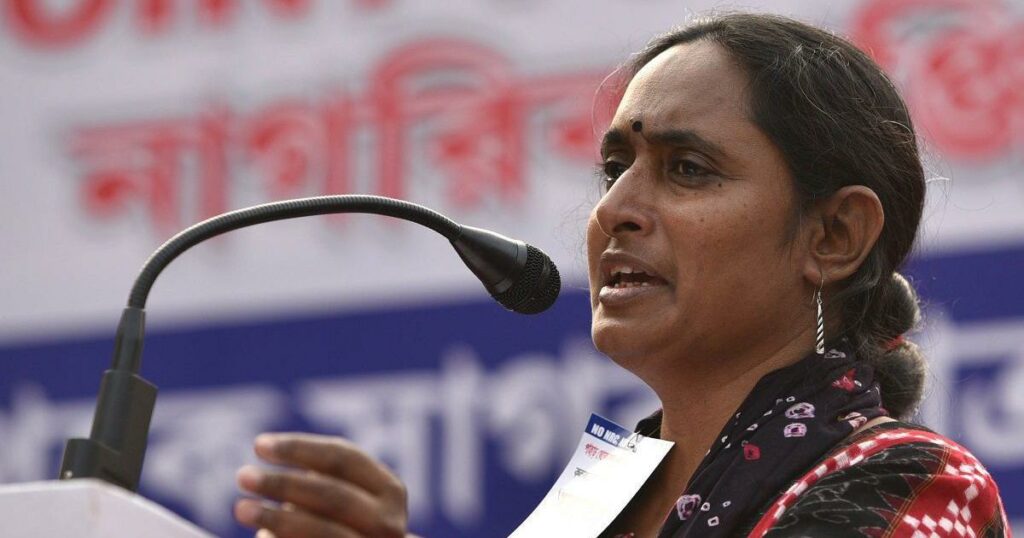
A viral video, of Trinamool Congress (TMC) leader Mahua Moitra, made rounds on social media where she is heard saying sex is the source of her energy. According to BOOM: The 12-second viral clip shows a reporter asking Mahua, “What’s your source of energy,” to which Moitra says “Eggs, Eggs.” The reporter laughs at this, to which Moitra says, “It’s true.”
After the fact checks by the BOOM, the video turns out to be false and misleading, only worsening the already hostile online ecosystem for women.
According to Amnesty International’s report, Troll Patrol India: Exposing Online Abuse Faced by Women Politicians in India, “More than 114,000 tweets sent to 95 women politicians in the three months during and after last year’s general elections in India. The research found that women are targeted with abuse online not just for their opinions – but also for various identities, such as gender, religion, caste, and marital status. The 95 politicians held a variety of views spanning the political spectrum.”
The report further mentions, “Amnesty’s research found that 13.8% of the tweets in the study were either “problematic” or “abusive.” Problematic content was defined as tweets that contain hurtful or hostile content, especially if repeated to an individual on multiple occasions, but do not necessarily meet the threshold of abuse.”
This creates a huge challenge to safeguard women’s safety online and also to curb the pool of misinformation and disinformation disrupting the online ecosystems.
Indian election scenario
AI poses a great challenge to Indian democracy, especially during this Lok Sabha elections and can change the democratic fabric of the country. There is a huge risk of dissemination of misinformation and disinformation on the internet and social media during the elections which can impact the voter’s perspective and choice.
The voter may come across any piece of misinformation on the internet about a political party or political leader which might change their idea and choice regarding that party or leader. This fake and false information created by AI, therefore, can impact the voting count of a particular political party. And can pose a greater risk to the voting counting process.
According to Al Jazeera, “a realistic AI-generated image of Indian Prime Minister Narendra Modi, styled as Bhishma Pitamah from the ancient Hindu epic Mahabharata, was boosted as a political advertisement on Instagram. This Instagram image, created by the right-wing page Hokage Modi Sama and first posted in 2023, was boosted as a political advertisement for two days in March, garnering more than 35,000 impressions.”
The report further mentioned, “An Al Jazeera review of Meta Ad Library data of political advertisements in India over the past three months revealed that, between February 27 and March 21, Hokage Modi Sama promoted nearly 50 pieces of AI-generated images of Modi, making it the leading advertiser of AI-generated Modi images on Instagram.”
The image may appear harmless but the ideological impact of the image is wider as most of the images of PM generated with the help of AI are the avatars of gods, which pushes the ideological perception that Modi is like gods or avatar of gods and he has the right to be the PM. Such propaganda can have a deeper and more serious influence on the outcome of the elections.
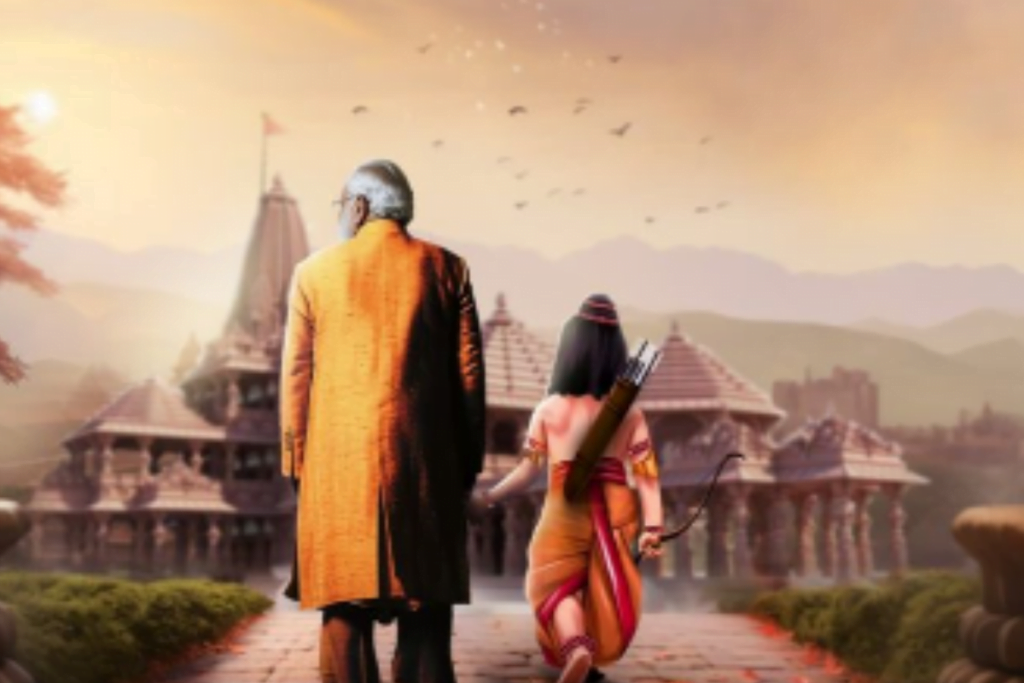
Both BJP and Congress parties are alleging each other of creating and spreading deepfakes and misinformation. Two videos of Bollywood actor, Aamir Khan are making rounds on social media. In one video he is seen promoting the Congress party and in another Congress party’s manifesto. Both the videos are AI-generated and are originally from his TV show, Satyamev Jayate.
In another AI-generated video, Delhi’s CM Arvind Kejriwal is seen, sitting in jail, and “strumming a guitar and singing a verse from a popular Bollywood song: “Forget me, for you have to live without me now,” reports France 24. The report further mentions, “elsewhere, digitally altered videos purport to show lawmaker Asaduddin Owaisi, one of India’s most prominent Muslim politicians, singing devotional Hindu songs.”
Many political parties, including BJP, have used AI to their advantage, from sharing personalised AI-generated video messages to audio clips, from generative AI like chatbots, Chatgtp, and Open AI, all have been used to various parties’ advantages. However, when this technology falls into nefarious hands is something that governments must deliberate about.
According to the World Economic Forum’s Global Risks Report, India is at the highest risk of producing and disseminating misinformation and disinformation across the globe. With such a poor and vulnerable position, it would be quite difficult to curb the influence of AI-generated disinformation and misinformation during elections. Above all, the laws revolving around AI-generated misinformation need to be clearly defined and governments as well as cybersecurity experts need to do more to protect democracy and its citizens from the potential dangers of AI.
About the author(s)
Shahinda is a multimedia journalist with an experience of more than five years. She has an interest in covering politics, gender, conflict, and gender-based violence/crime. In addition, she has experience in reporting, photography and documentary filmmaking. She has done her Masters in Mass Communication from AJK MCRC Jamia Millia Islamia, New Delhi.
